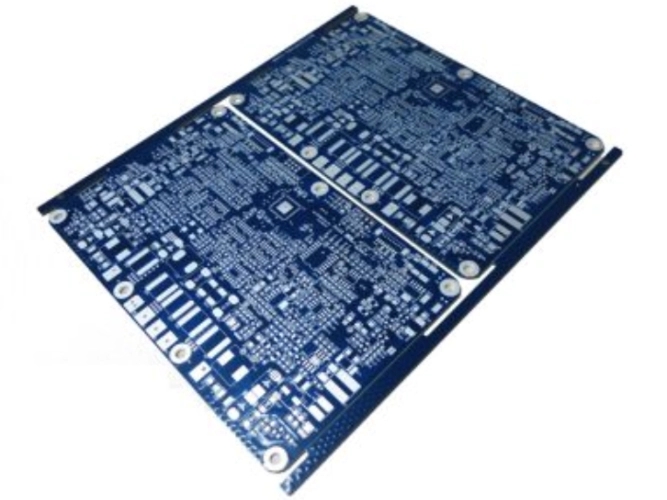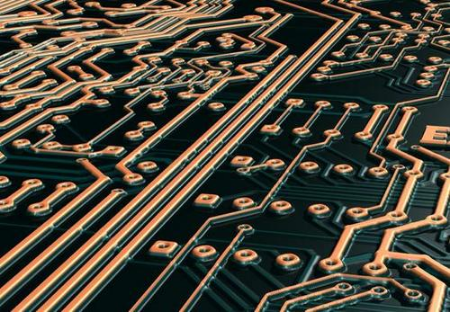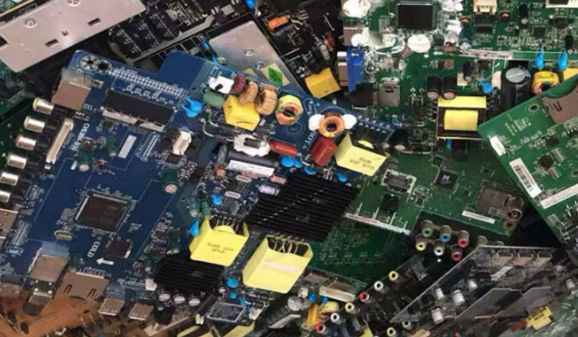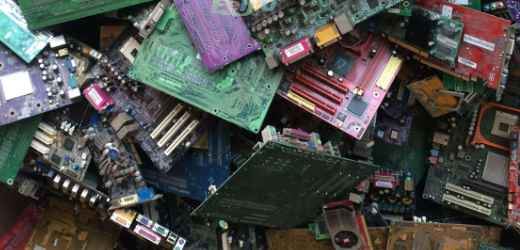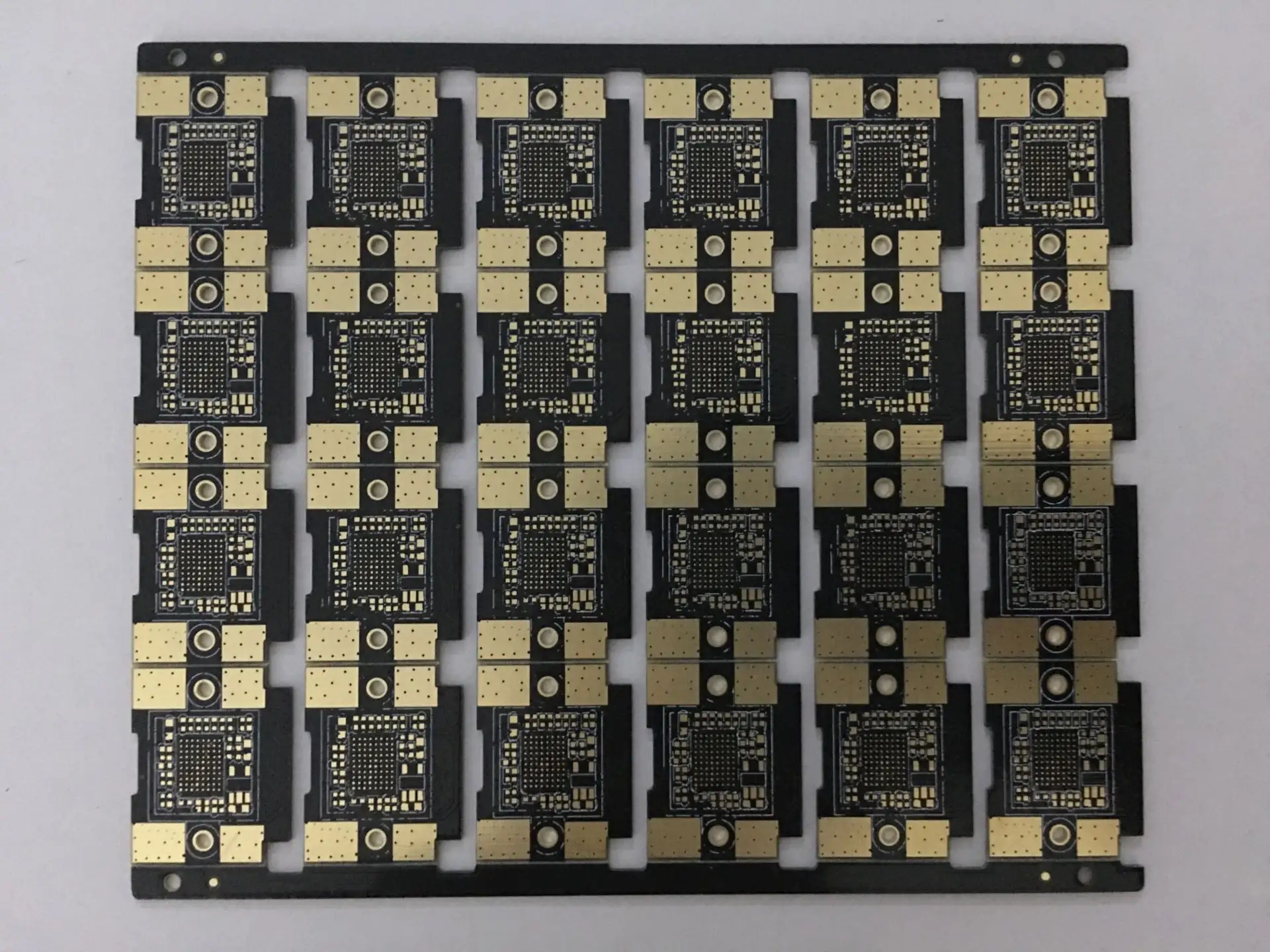
What does the PCB manufacturer mean by the PCB board TG?
PCB manufacturers, PCB designers and PCBA processors explain to you: what does PCB manufacturers mean by PCB board TG?
1. The critical temperature at which the substrate melts from solid to rubber liquid is called Tg point, namely melting point
2. The higher the Tg point is, the higher the temperature requirement is when the plate is pressed, and the pressed plate will also be hard and brittle, which will affect the quality of mechanical drilling (if any) in the subsequent process and the electrical properties during use to a certain extent.
3. Tg point is the highest temperature (℃) at which the base material remains rigid. That is to say, under high temperature, ordinary PCB substrate materials not only produce softening, deformation, melting and other phenomena, but also show a sharp decline in mechanical and electrical characteristics.
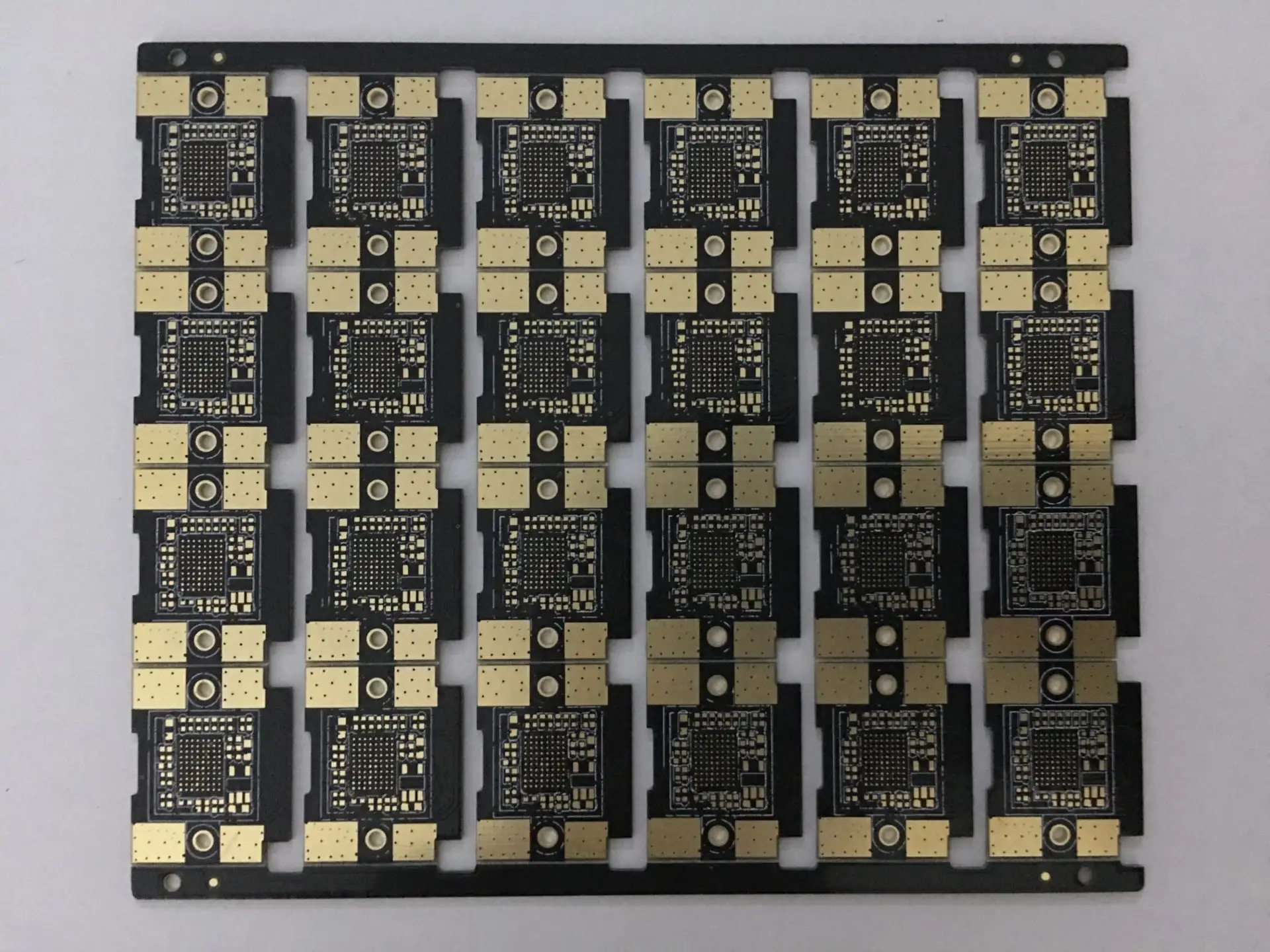
4. Generally, the Tg of the plate is more than 130 degrees, the High Tg is more than 170 degrees, and the medium Tg is more than 150 degrees; The Tg of the substrate is increased, and the heat resistance, moisture resistance, chemical resistance, stability resistance and other characteristics of the printed board will be improved. The higher the TG value is, the better the temperature resistance of the plate is. Especially in the lead-free tin spraying process, high Tg is more widely used. In recent years, the number of customers requiring to produce high Tg printed boards has increased year by year. Now let's introduce what the high Tg PCB is.
High Tg refers to high heat resistance. Generally, the board with Tg is more than 130 degrees, the high Tg is generally more than 170 degrees, and the medium Tg is about more than 150 degrees. Generally, PCB printed boards with Tg ≥ 170 ℃ are called high Tg printed boards. With the rapid development of electronic industry, especially the electronic products represented by computers, which are developing towards high functionality and high multilayer, higher heat resistance of PCB substrate materials is required as an important guarantee. With the emergence and development of high-density installation technology represented by SMT and CMT, PCB is increasingly dependent on the support of high heat resistance of the substrate in terms of small aperture, fine wiring and thinness. The Tg of the substrate is increased, and the heat resistance, moisture resistance, chemical resistance, stability resistance and other characteristics of the printed board will be improved. The higher the TG value is, the better the temperature resistance of the plate is. Especially in the lead-free process, high Tg is used more frequently. Therefore, the difference between the general FR-4 and the high Tg FR-4 is that the mechanical strength, dimensional stability, adhesiveness, water absorption, thermal decomposition, thermal expansion and other conditions of the materials are different under the hot state, especially under the heat after moisture absorption. The high Tg products are obviously better than the common PCB substrate materials.
PCB manufacturers, PCB designers and PCBA processors explain to you: what does PCB manufacturers mean by PCB board TG?


